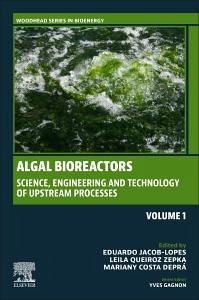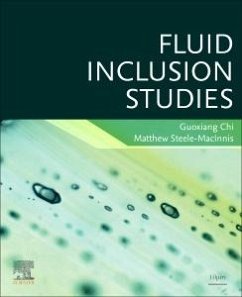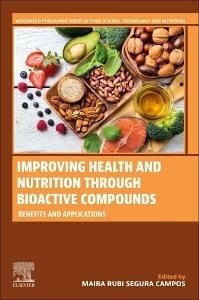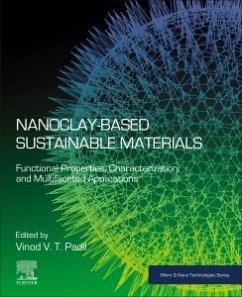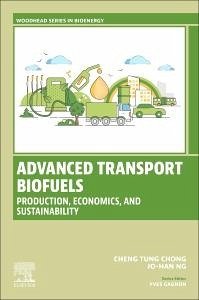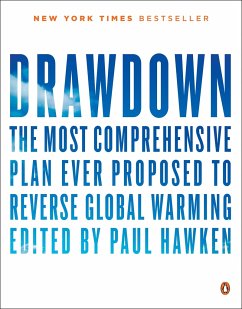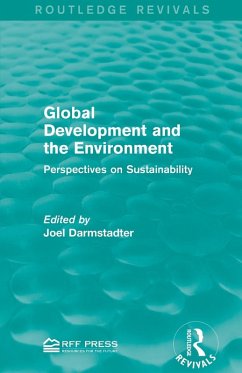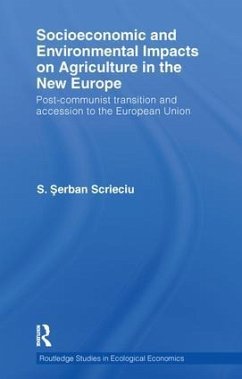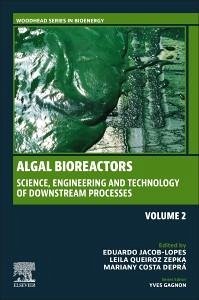
Algal Bioreactors
Vol 2: Science, Engineering and Technology of Downstream Processes
Herausgeber: Jacob-Lopes, Eduardo; Costa Depra, Mariany; Queiroz Zepka, Leila

PAYBACK Punkte
129 °P sammeln!
Algal Bioreactors: Science, Engineering and Technology of Downstream Processes, Volume Two, is part of a comprehensive two-volume set that provides the knowledge needed to design, develop, and operate algal bioreactors for the production of renewable resources. Supported by critical parameters and properties, mathematical models and calculations, methods, and practical real-world case studies, readers will find everything they need to know on the upstream and downstream processes of algal bioreactors for renewable resource production. Bringing together renowned experts in microalgal biotechnol...
Algal Bioreactors: Science, Engineering and Technology of Downstream Processes, Volume Two, is part of a comprehensive two-volume set that provides the knowledge needed to design, develop, and operate algal bioreactors for the production of renewable resources. Supported by critical parameters and properties, mathematical models and calculations, methods, and practical real-world case studies, readers will find everything they need to know on the upstream and downstream processes of algal bioreactors for renewable resource production. Bringing together renowned experts in microalgal biotechnology, this book will help researchers, scientists, and engineers from academia and industry overcome barriers and advance the production of renewable resources and renewable energy from algae. Students will also find invaluable explanations of the fundamentals and key principles of algal bioreactors, making it an accessible read for students of engineering, microbiology, biochemistry, biotechnology, and environmental sciences.




